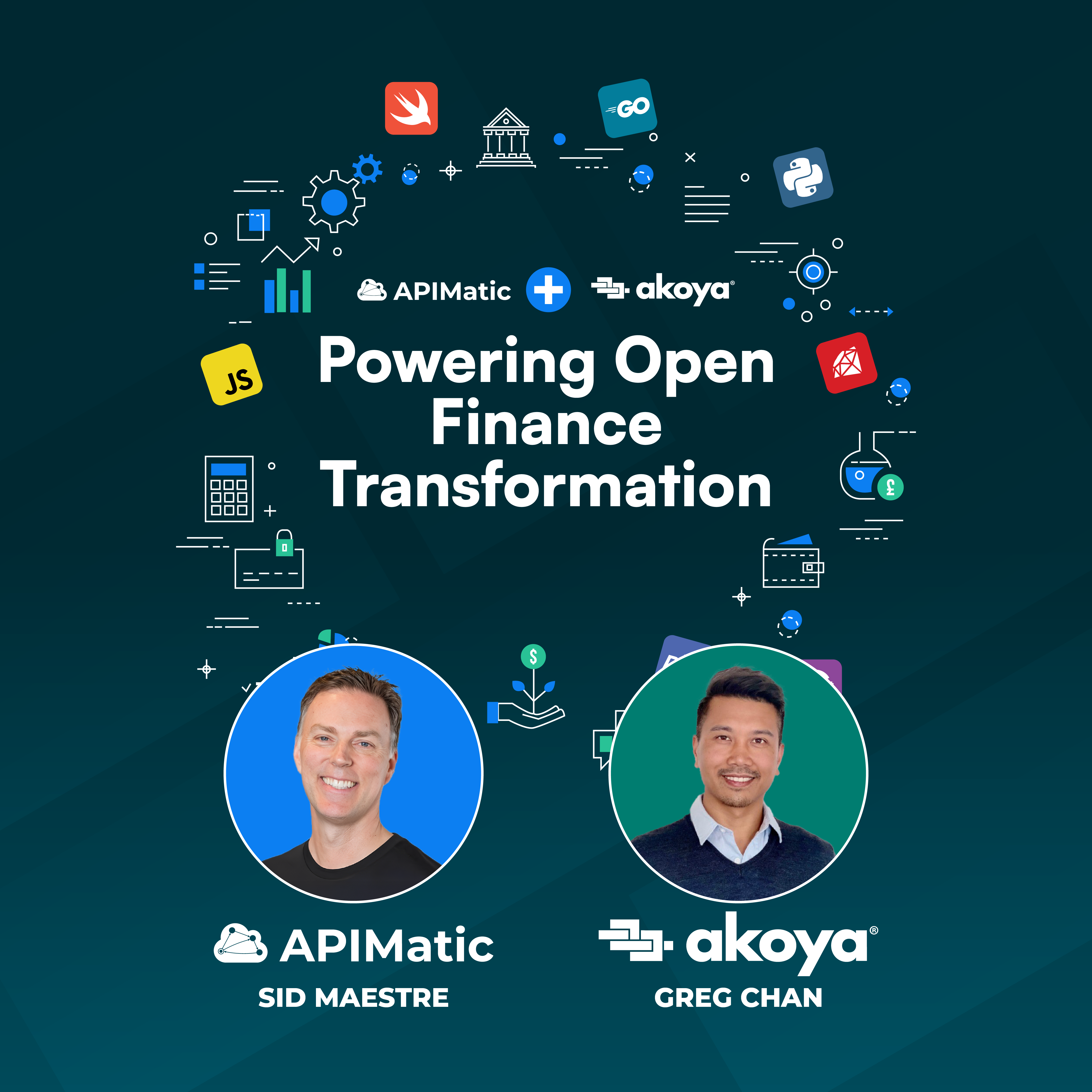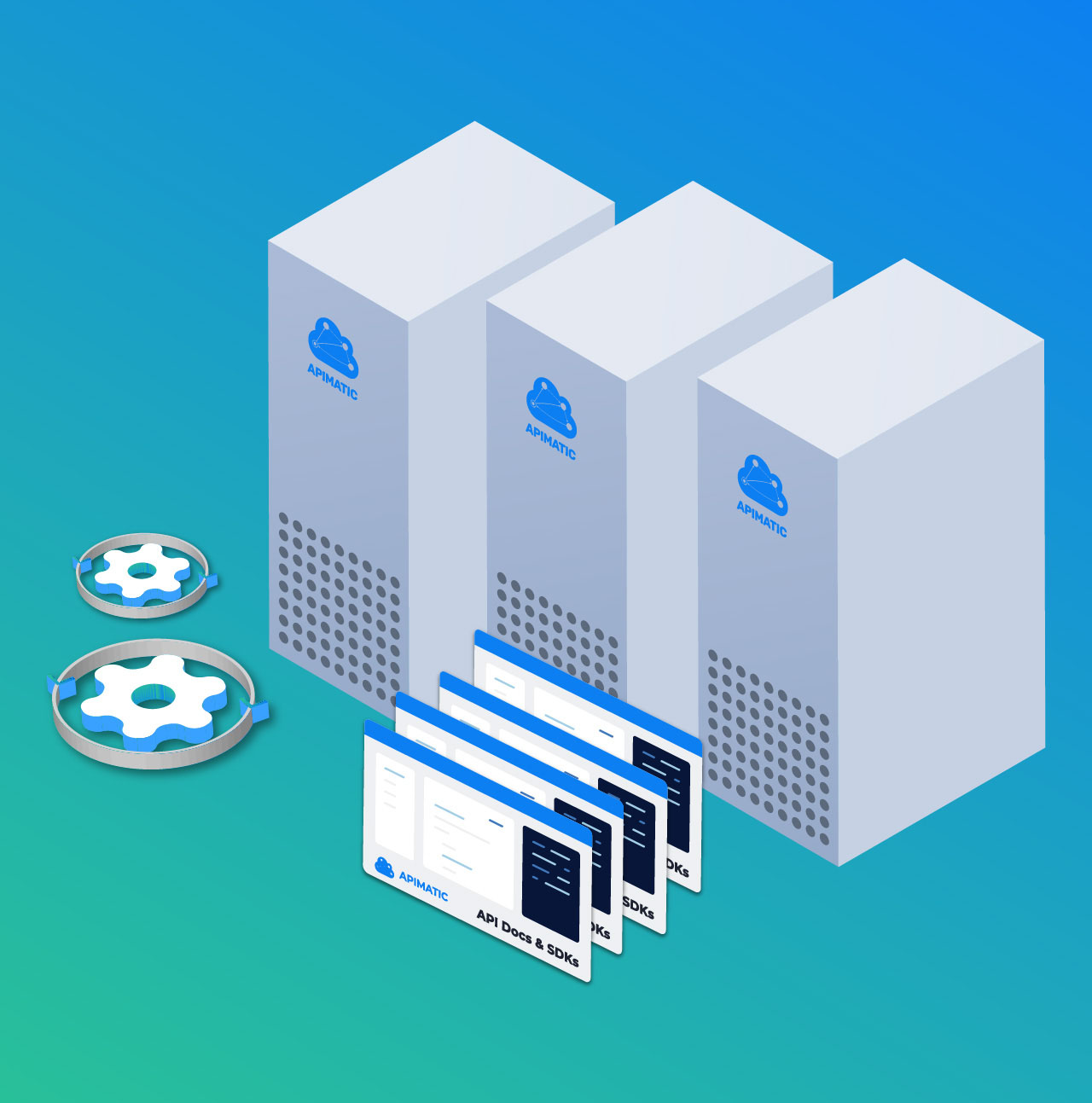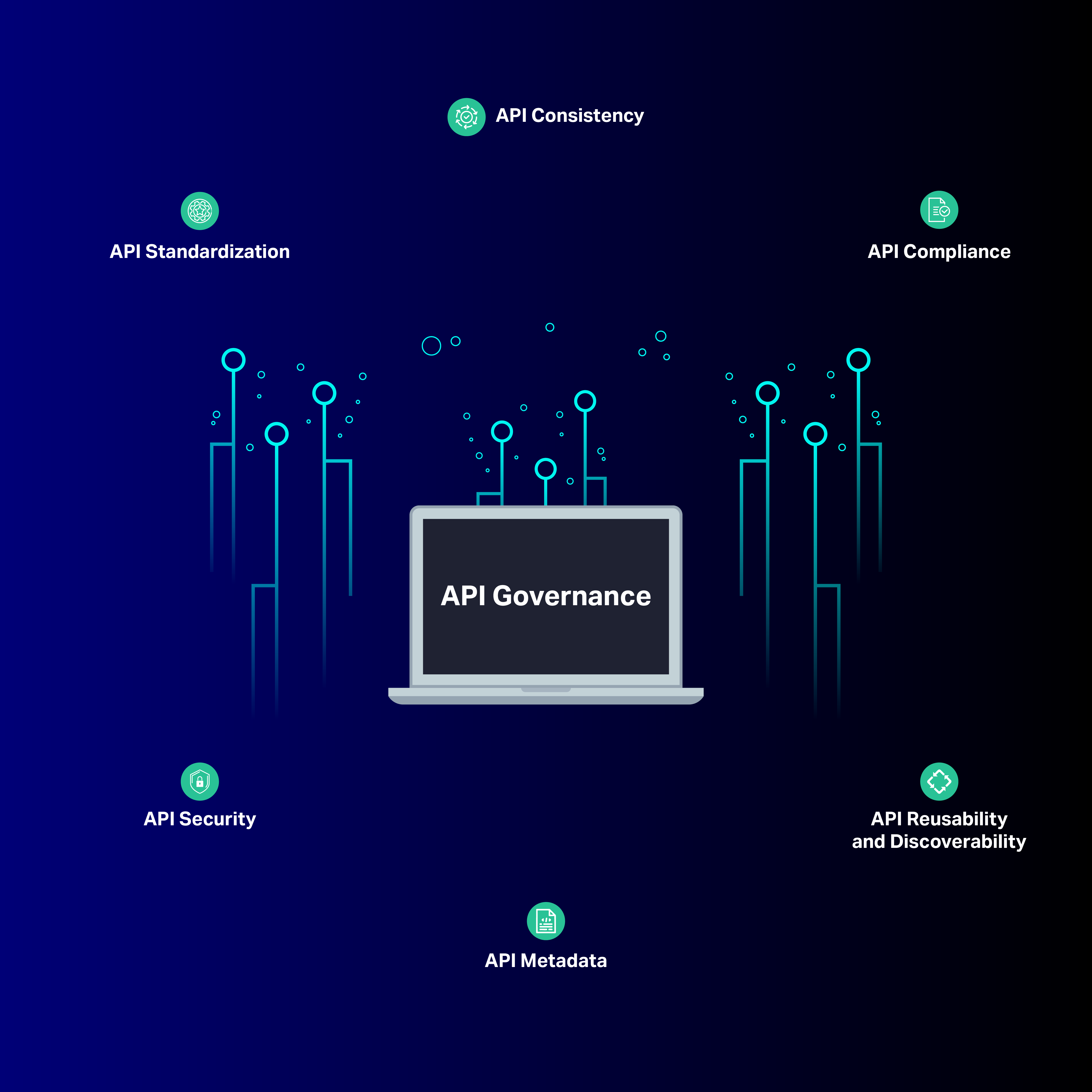Verizon’s Joshua Markham explores the new frontiers in telecom, the evolving API landscape, and what it takes to build a robust developer ecosystem. We’re APIMatic.io. We generate strongly typed SDKs and complete API documentation from OpenAPI definitions. If you want to create an SDK for your REST API, check out how to generate one in under a minute. We support generating SDKs for C#, Java, PHP, TypeScript, Python, Ruby, and Go using the APIMatic Code Generator.
We’re APIMatic.io. We generate strongly typed SDKs and complete API documentation from OpenAPI definitions. If you want to create an SDK for your REST API, check out how to generate one in under a minute. We support generating SDKs for C#, Java, PHP, TypeScript, Python, Ruby, and Go using the APIMatic Code Generator.
Into the World of Telecom and Tech Innovation
It’s easy to take for granted the invisible threads that connect our lives—smart cars, wearable devices, delivery robots, and even the infrastructure that powers our cities. But behind these innovations are robust networks, cutting-edge APIs, and the developers who bring them to life. On the Art of Developer Experience podcast, host Sid Maestre sat down with Joshua Markham, a veteran technologist from Verizon, for an inside look at the company’s journey through years of change, IoT breakthroughs, and the evolving developer experience.
From Accidental Beginnings to IoT Leadership
Joshua Markham’s tech journey began with data mining in finance, but it quickly led him into the ever-evolving world of wireless communications. Over his decades at Verizon, Markham developed expertise in a wide range of areas, including industrial networking for pipelines and utilities, as well as the implementation of IoT (Internet of Things) solutions. What fuels his excitement? The capacity for small, intelligent devices to create entirely new business models and help industries, be it automotive, energy, or consumer electronics, work smarter.
As Markham notes, innovation in connectivity is relentless: “People aren't connecting fewer things to the Internet.” Whether it’s ensuring safety on a remote oil rig or tracking a family dog’s location, more and more “things” are getting smarter and more connected.
5G and the Edge: Unlocking New Possibilities
The launch of 5G networks is often likened to the transition from 3G to 4G, which paved the way for digital giants like Instagram and TikTok. While we may not know exactly which future applications will dominate, Markham points to a few hotbeds: automotive, robotics, drones, and logistics. The convergence of edge computing—processing power closer to where data is generated—and 5G’s lower latency promises near-instantaneous response times for mission-critical tasks, from self-driving cars to live video analytics.
This shift has broad implications. Innovations such as fixed wireless access, TinyML (machine learning on ultra-low-power devices), and smarter grids are poised to have a profound impact on everything from energy distribution to the delivery of sports and entertainment experiences. As Markham puts it, “If it feels closer to magic and you can't see it, then you know it's awesome.”
Overcoming Developer Challenges: The Power of APIs
Building in this new world isn’t without hurdles. Markham outlines three main challenges facing developers in IoT: scale, remoteness, and security. Imagine managing tens of thousands of devices, some hours away from the nearest human. Verizon’s API strategy is designed to automate, simplify, and secure these tasks, enabling mass activations with a single API call, providing health checks for remote devices, and securing sensitive network credentials at scale.
To address friction and enhance developer productivity, Verizon partnered with APIMatic, a platform focused on streamlined API documentation, SDKs in multiple languages, and integrated code playgrounds. These tools enable developers to dive in quickly, reducing onboarding times and making complex implementations, updates, and integrations as pain-free as possible.
"A modern developer experience site needs several essentials: clear business value within the API, a usable code sandbox/playground, and SDKs in different languages to support developers in their preferred environment. APIMatic checked a lot of those boxes for us."
Developer Experience as a Product
A highlight of Verizon’s approach is treating APIs and their documentation as user-facing products, not just backend plumbing. Whether it’s generating code samples, offering AI-powered support agents, or holding developer days that bridge business needs with technical how-tos, the goal remains simple: happy, productive developers.
"We want interactions with developers to be as frictionless as possible. Our overall goal is to serve them in the best way possible. APIMatic has done a great job of understanding our customers and our needs to make this journey seamless."
The company also values feedback loops, turning customer ideas into actionable updates, sometimes shipping new features in as little as a month. This iterative, customer-focused mindset is crucial for remaining competitive in a rapidly evolving landscape where APIs can be significant commercial differentiators.
Looking Ahead: Standards, Security, and New Business Models
With the rise of industry standards like Camara—open API frameworks for key telecom functionalities—Verizon is helping to shape a more consistent and interoperable developer ecosystem. Whether enabling fraud prevention, enhancing quality of service on demand, or introducing new models in privacy-friendly data sharing, the telecom landscape is poised for another wave of transformation.
From the “garage genius” hobbyist inventing a smarter home sensor to global companies deploying connected fleets, Verizon’s evolving toolkit is fueling a future where imagination and connectivity go hand in hand.
"Working with a telecom company is different because of all the intricacies and complexities we have as a business. APIMatic took the time to understand what our business does and what matters most to our developers."
Final Thoughts
The secret sauce behind the “magic” of our connected lives is equal parts robust infrastructure, agile APIs, and a relentless focus on making developers’ lives easier. As Verizon pushes innovation at the intersection of 5G, edge computing, and IoT, the opportunities for new experiences are nearly limitless, and we’re only at the beginning of what’s possible.





